The preceding chapters have described the ambitious goal of helping save one million more lives, every year, by 2030, and the needs and opportunities that drive the strategy to achieve this. The UN Sustainable Development Goals (SDGs) which have been signed by 195 governments are being used as a roadmap to develop national policies on sustainability, and for Laerdal SDG3 Good Health and Well-being is at the core of everything it does. The SDGs also cover environmental issues and companies are increasingly being asked by civil society, government institutions, customers and employees:
“How sustainable are your operations?”
Laerdal is a member of the UN Global Compact which encourages businesses worldwide to adopt socially responsible and environmentally-friendly business practices and to report on their implementation.
Recent attention has focused on the impact of a company’s operations on climate change and pollution of the planet with materials, especially plastics. This chapter will address Laerdal’s ambitions in these two areas and widening its social responsibility, and the long-term commitment of the Laerdal family to the company achieving its mission of Helping Save Lives in a sustainable way.

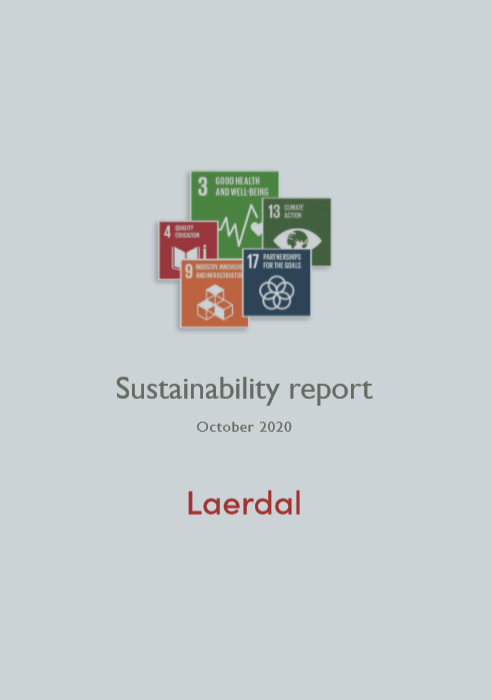
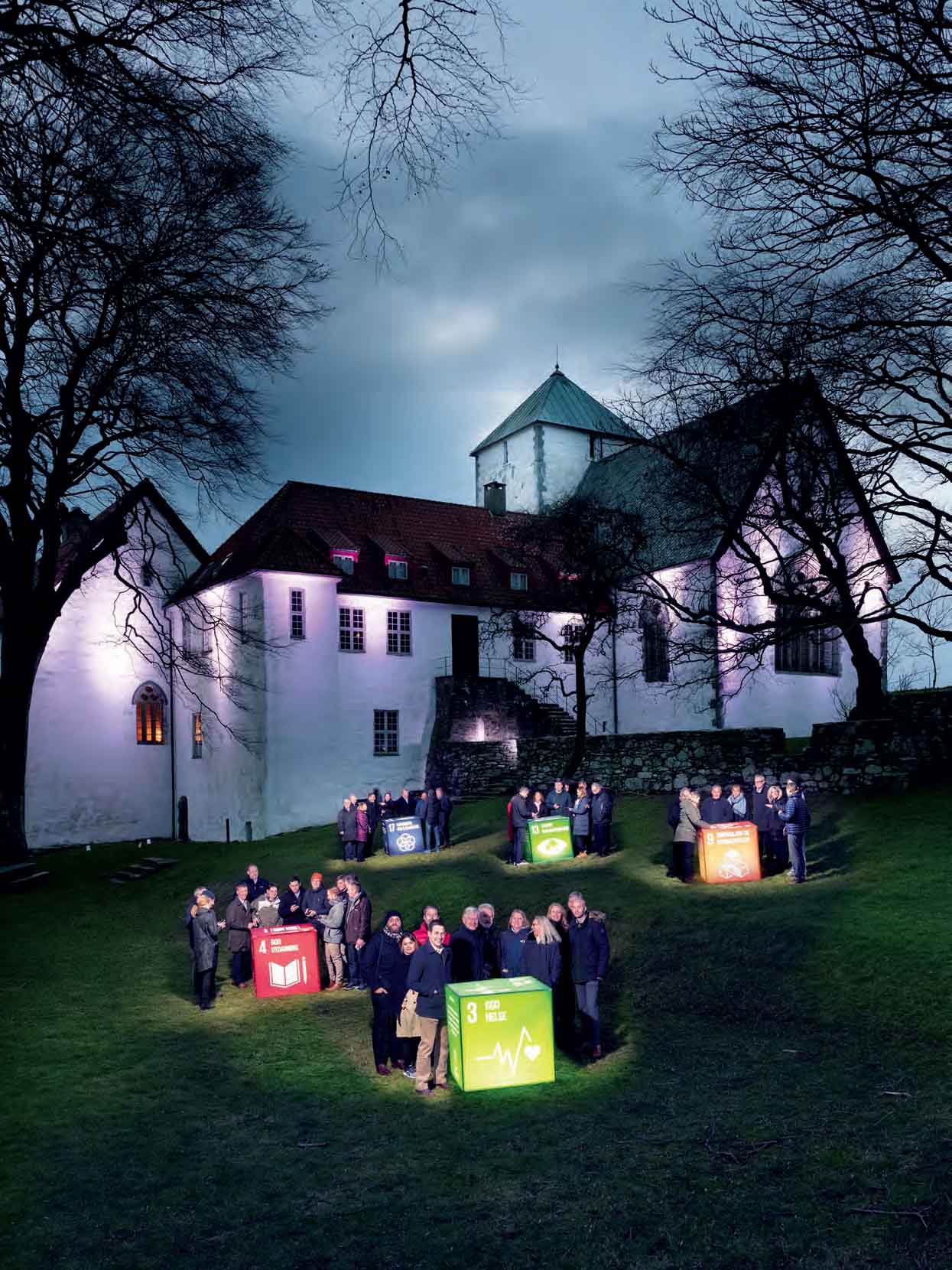
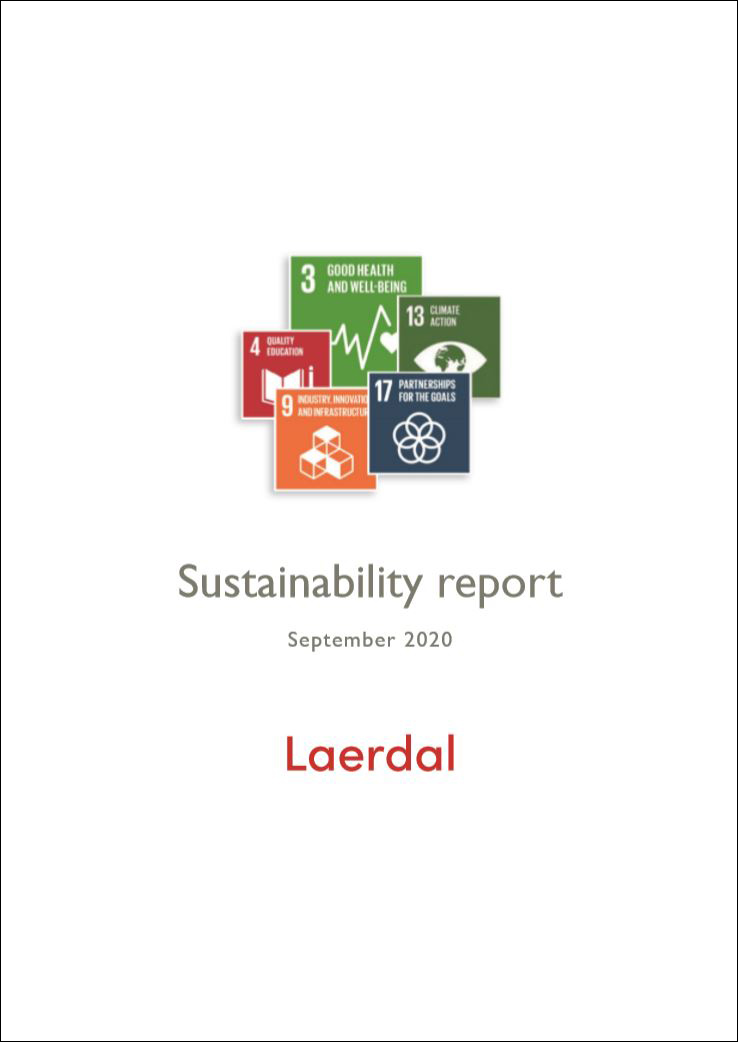
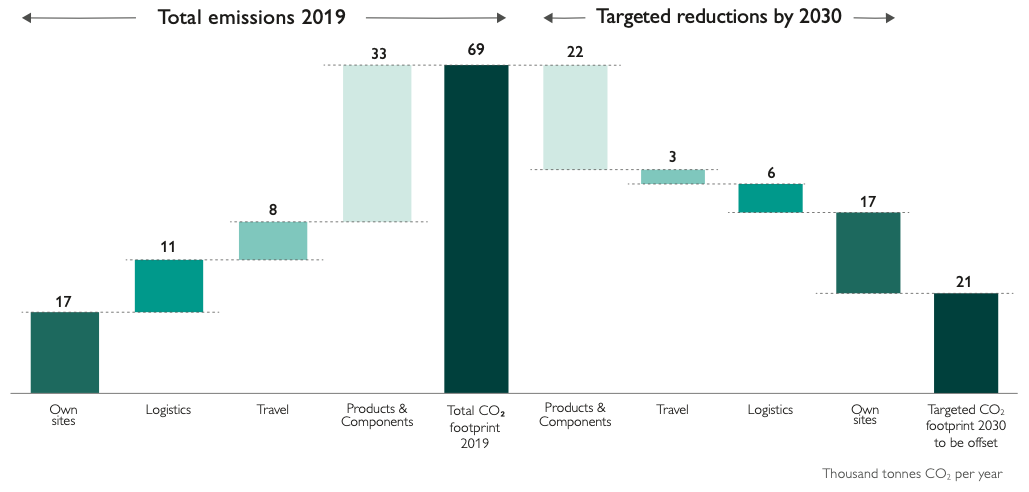
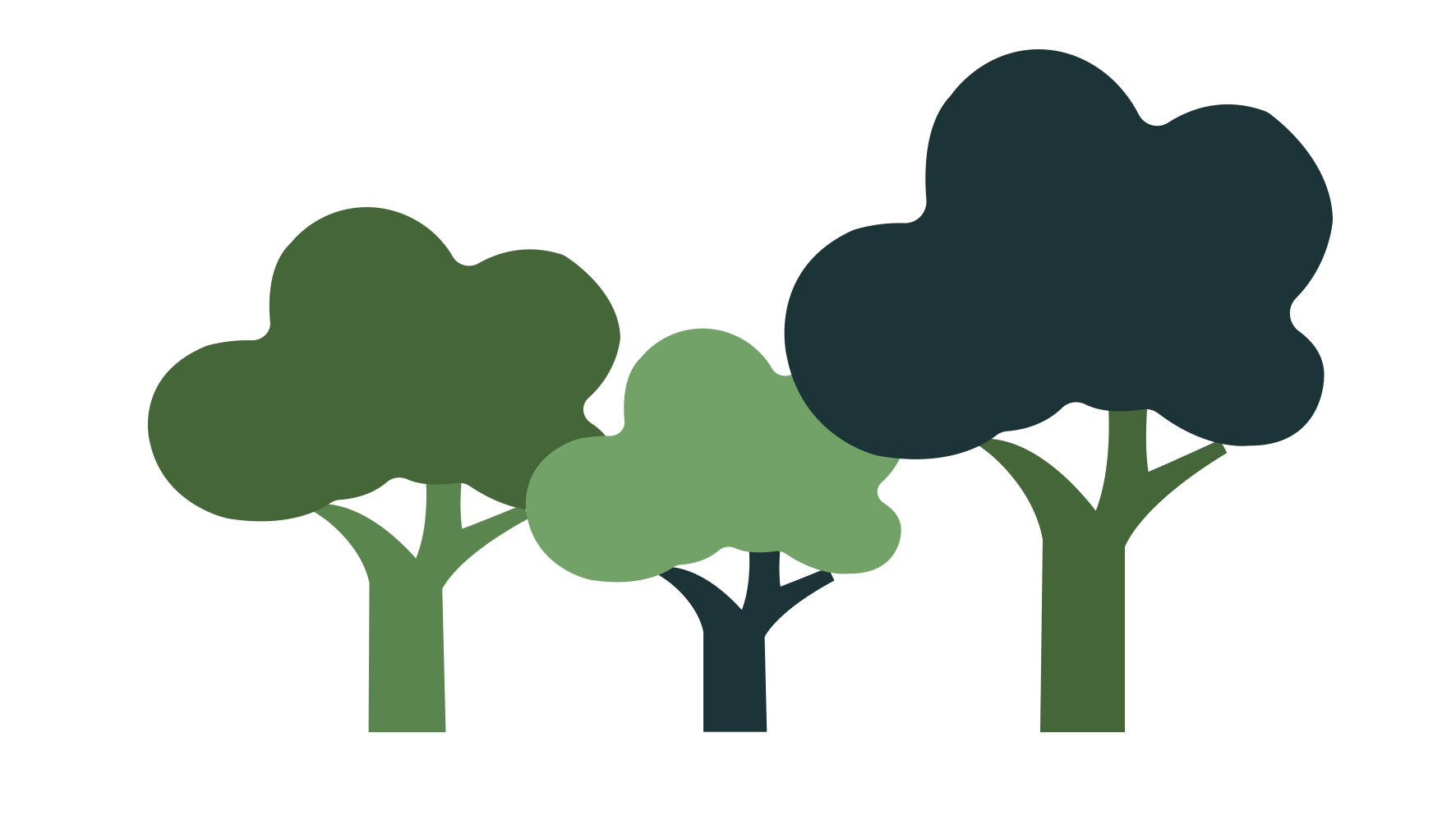
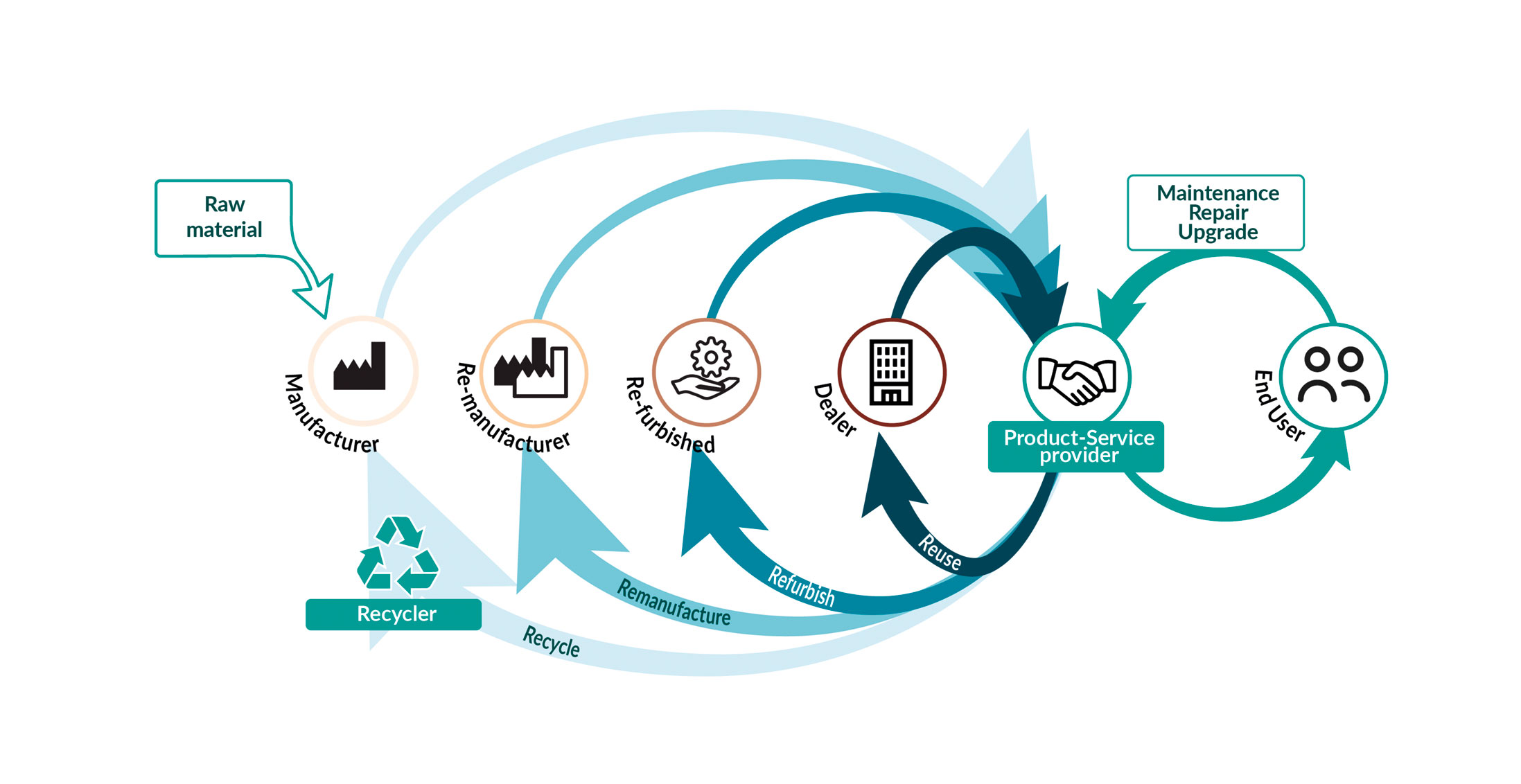

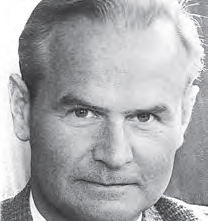
Social Responsibility
Laerdal has been committed to operating in accordance with the UN Global Compact principles for several years. In addition, the company is committed to the UN Guiding Principles on Human Rights (UNGPs) and the Organisation for Economic Co-operation and Development (OECD) Guidelines for Multinational Enterprises which set environmental and anti-corruption standards for responsible business conduct.
The OECD guidelines are unique as regards:
They are not legally binding on companies, but they are binding on signatory governments, which are required to ensure the guidelines are implemented and observed.
In addition to its biannual reporting, Laerdal will be communicating more widely to customers, employees and suppliers on how its commitment to the UN SDGs and the UNGPs and OECD guidelines are integrated in operations. Also, a key element of Laerdal’s 2030 strategy is to develop a human rights, environmental and anti-corruption assessment tool to assist its main suppliers and their sub-suppliers to comply with these international guidelines.